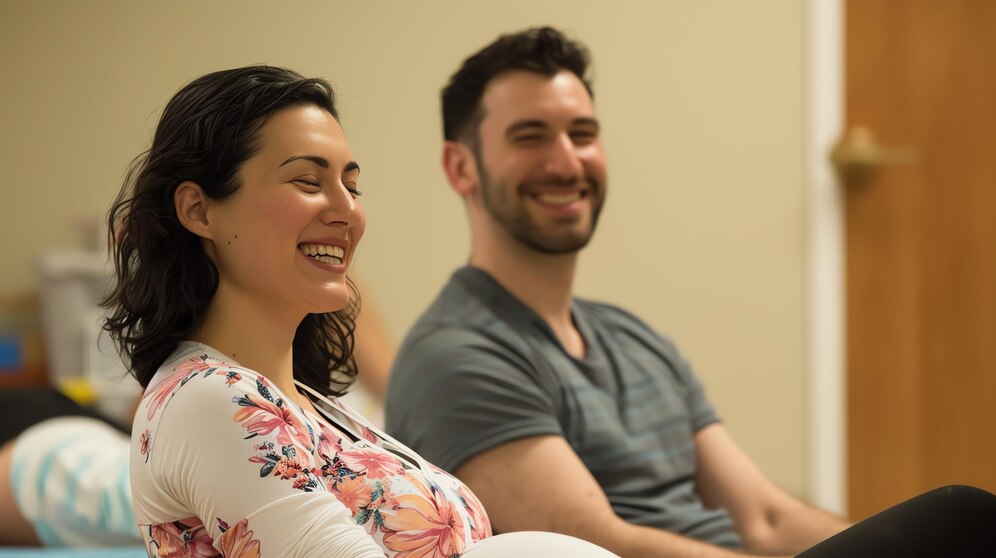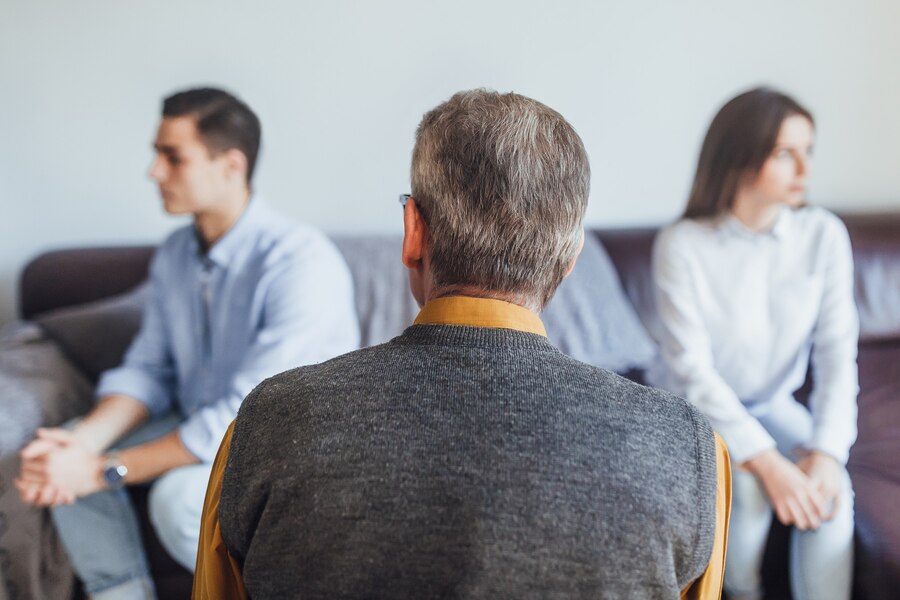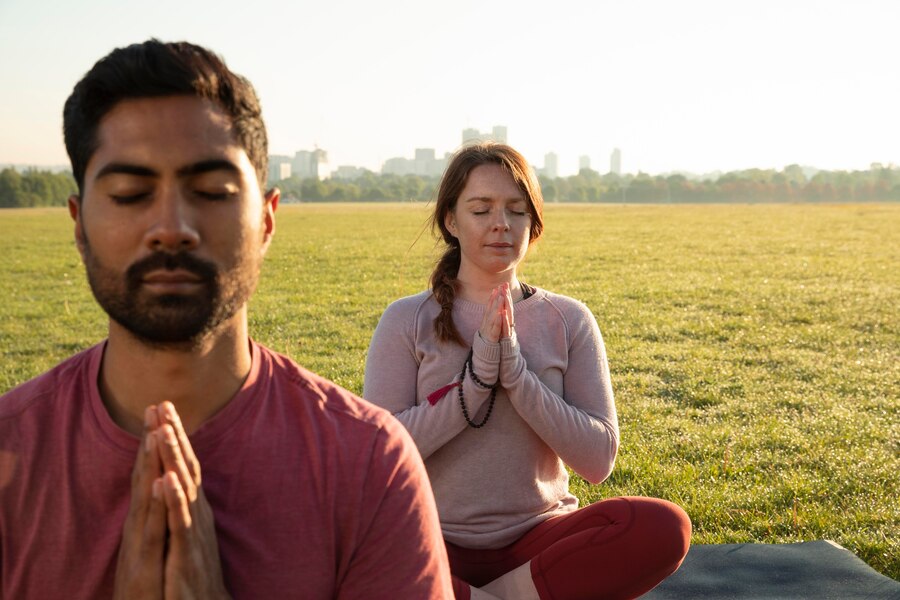Couples Rehab in New Haven, Connecticut
Are you and your partner struggling with substance abuse? Addiction is a challenging journey, and when both partners are struggling, the journey can seem even more daunting. Couples Rehab offers a unique and supportive environment for partners to recover together, fostering mutual support and rebuilding healthier relationships. This comprehensive guide explores the benefits and options of couples rehab in New Haven, Connecticut, providing valuable insights, expert opinions, and actionable tips to help you and your partner make an informed decision.
Addiction Helpline (888) 325-2454
Understanding Couples Rehab
What is Couples Rehab?
Couples rehab is a specialized form of addiction treatment designed specifically for couples who are struggling with substance abuse. Unlike traditional rehab programs, couples rehab focuses on both individual and joint therapy sessions, addressing the dynamics of the relationship alongside addiction issues. This holistic approach aims to foster mutual support and accountability, enhancing the recovery process. Learn more about couples rehab centers in Connecticut by speaking with an addiction recovery specailist now.
Benefits of Couples Rehab
- Mutual Support: Couples rehab allows partners to support each other through the recovery process, creating a shared commitment to sobriety.
- Improved Communication: Therapy sessions often focus on improving communication skills, which can help strengthen the relationship.
- Relapse Prevention: By learning to navigate triggers and stressors together, couples can develop strategies to prevent relapse.
Why Choose Couples Rehab in New Haven, CT?
The Appeal of New Haven, CT
New Haven, Connecticut, offers a serene environment conducive to recovery. Known for its vibrant culture, historical significance, and beautiful landscapes, New Haven provides a peaceful backdrop that can be incredibly beneficial for those undergoing addiction treatment. Additionally, the city is home to several reputable drug and alcohol rehab centers for couples.
Accessibility and Convenience
Choosing a couples rehab in New Haven, CT, means you can benefit from the convenience of being close to home while accessing high-quality treatment. This can be especially important for couples with family or work obligations.
Key Components of Couples Rehab in New Haven, CT
Comprehensive Detox Programs
Detoxification is often the first step in the recovery process. New Haven, CT couples rehab with detox facilities offer medically supervised detox programs to safely and comfortably cleanse the body of harmful substances. This crucial phase sets the foundation for effective therapy and treatment.
Individual and Joint Therapy Sessions
Effective couples rehab programs combine individual counseling with joint therapy sessions. Individual therapy focuses on personal issues related to addiction, while joint sessions address relationship dynamics, communication skills, and mutual support. This dual approach ensures that both partners receive the care and attention they need.
Medication-Assisted Treatment (MAT)
For some couples, Medication-Assisted Treatment (MAT) is a crucial component of their recovery plan. MAT combines medications with counseling and behavioral therapies to treat substance use disorders. Couples rehab centers in New Haven, CT, offer MAT options tailored to the specific needs of each couple, ensuring a comprehensive approach to recovery.
Holistic Treatment Options
Holistic couples drug rehab in New Haven, CT, emphasizes treating the whole person—body, mind, and spirit. These programs often include alternative therapies such as yoga, meditation, acupuncture, and nutritional counseling, providing a well-rounded approach to recovery. Holistic treatments can help couples develop healthier lifestyles and coping mechanisms.
Relapse Prevention Programs
Relapse prevention is a critical aspect of any successful rehab program. Couples rehab centers in New Haven, CT, offer comprehensive relapse prevention programs that equip couples with the tools and strategies needed to maintain sobriety long-term. These programs often include ongoing counseling, support groups, and aftercare planning.
Is Couples Rehab Right for You?
Assessing Your Needs
Deciding if couples rehab is right for you involves assessing your specific situation and needs. Consider factors such as the severity of your addiction, the state of your relationship, and your willingness to undergo joint therapy. Couples rehab can be highly effective for those who are committed to supporting each other through the recovery process.
Expert Opinions
Addiction experts often emphasize the importance of a supportive environment in the recovery process. Dr. Jane Smith, a leading addiction specialist, notes, “Couples who enter rehab together often have a unique bond that can be a powerful motivator for recovery. The key is to ensure that both partners are equally committed to the process.”
Choosing the Right Couples Rehab in New Haven, CT
Research and Reviews
Start by researching drug and alcohol rehab centers for couples in New Haven, CT. Look for facilities with positive reviews and testimonials from past clients. Pay attention to the programs they offer, their success rates, and the qualifications of their staff.
Facility Tours
If possible, visit potential rehab centers to get a feel for their environment and facilities. A tour can help you assess the amenities, the quality of care, and the overall atmosphere of the center. This can be particularly important for those considering New Haven, CT luxury couples rehab options.
Consultation with Experts
Speak with addiction treatment experts to get their recommendations and insights. They can provide valuable guidance on which programs may be best suited for you and your partner’s needs.
Actionable Tips for a Successful Rehab Experience
Stay Committed
Recovery is a challenging journey that requires commitment and perseverance. Stay dedicated to the process and support each other through the ups and downs.
Utilize Support Systems
Take advantage of the support systems available to you, including counselors, support groups, and aftercare programs. These resources can provide additional guidance and encouragement.
Focus on Communication
Effective communication is crucial in both your recovery and your relationship. Practice open, honest communication and actively listen to your partner’s concerns and needs.
Embrace Healthy Habits
Incorporate healthy habits into your daily routine, such as regular exercise, balanced nutrition, and mindfulness practices. These habits can enhance your overall well-being and support your recovery journey.
Plan for the Future
Develop a comprehensive aftercare plan to help maintain your sobriety once you complete the rehab program. This plan should include ongoing counseling, support group meetings, and strategies for managing triggers and cravings.
Find Help Now
Couples rehab in New Haven, Connecticut, offers a unique and effective approach to overcoming addiction and rebuilding healthier relationships. With a range of treatment options, including detox programs, medication-assisted treatment, and holistic therapies, couples can find the support they need to recover together. By choosing the right rehab center, staying committed to the process, and utilizing available resources, you and your partner can achieve lasting sobriety and a stronger, more supportive relationship.
FAQs
What is couples rehab?
Couples rehab is a specialized form of addiction treatment designed for couples who are struggling with substance abuse. It combines individual and joint therapy sessions to address both personal and relationship issues related to addiction.
How long does couples rehab typically last?
The duration of couples rehab can vary depending on the severity of the addiction and the specific needs of the couple. Programs typically range from 30 to 90 days, with some offering extended care options.
Can couples rehab help with co-occurring mental health disorders?
Yes, many couples rehab centers offer integrated treatment for co-occurring mental health disorders. This approach ensures that both addiction and mental health issues are addressed simultaneously.
What if one partner is more committed to rehab than the other?
It’s important for both partners to be equally committed to the rehab process for it to be effective. Couples therapy sessions can help address any discrepancies in commitment and work towards a mutual understanding.
Are there luxury rehab options available in New Haven, CT?
Yes, New Haven offers luxury couples rehab options that provide high-end amenities and personalized care. These facilities focus on creating a comfortable and supportive environment for recovery. Visit https://www.facebook.com/CouplesRehab/
Local Resource Links
City Resources
- New Haven Health Department: https://www.newhavenct.gov/government/health-department
- New Haven Community Services: https://www.newhavenct.gov/government/community-services
- New Haven Substance Abuse Programs: https://www.newhavenct.gov/government/substance-abuse
State Resources
- Connecticut Department of Public Health: https://portal.ct.gov/DPH
- Connecticut Substance Abuse Helpline: https://www.ct.gov/dmhas/cwp/view.asp?a=2902&q=335206
- Connecticut Behavioral Health Partnership: https://www.ctbhp.com/
County Resources
- New Haven County Health Department: https://www.newhavenct.gov/government/health-department
- New Haven County Community Services: https://www.newhavenct.gov/government/community-services
- New Haven County Behavioral Health Resources: https://www.newhavenct.gov/government/behavioral-health

















Recent Comments